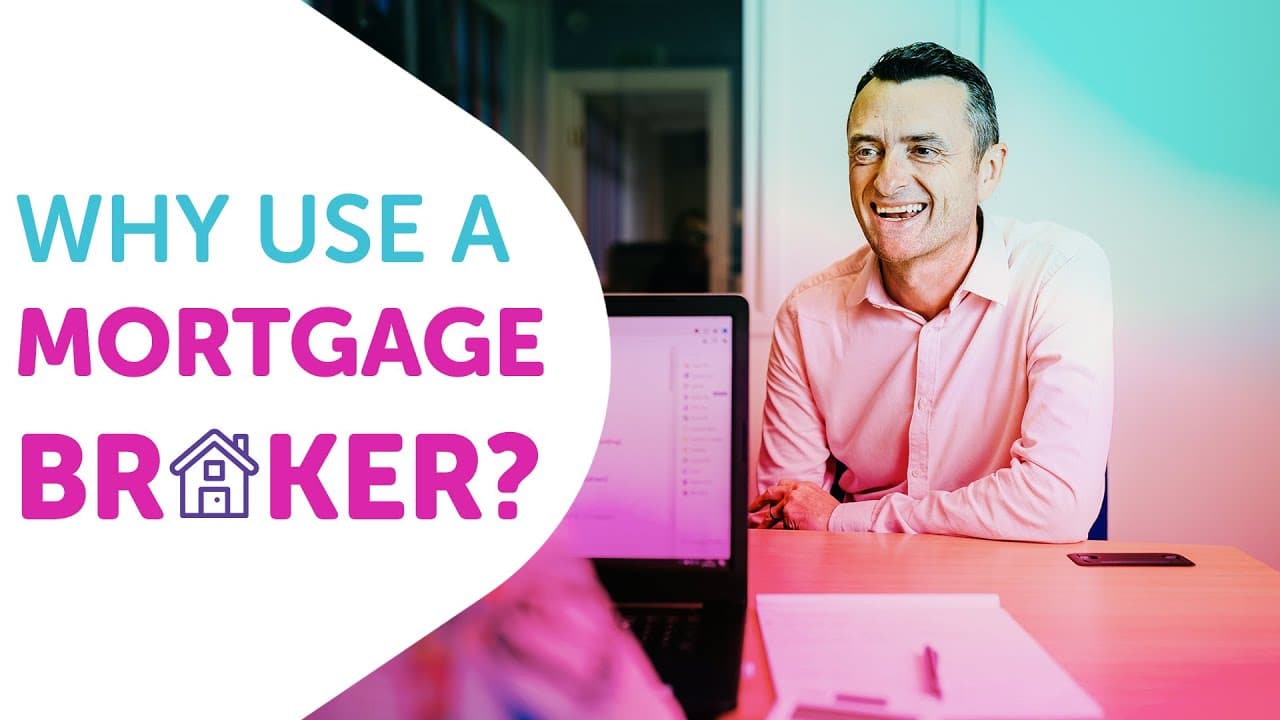100-125% mortgages are a thing of the past now. The country seems to be in a more stable, secure financial state post-Credit Crunch and the property market is back in full swing.
With many more rules and regulations set in stone, mortgage lenders are now more confident when it comes to offering 95% mortgages.
95% deals aren’t the only ones available though, it can. The more deposit you have available to put towards a property, the less you have to pay back, and you open yourself up to more competitive interest rates.
Deposits also act as a safety net for mortgage lenders. The reality is, they need to be confident you can make your monthly repayments. If you don’t, they’re at a financial disadvantage. With a large enough deposit, lenders are able to retain some of their finances should difficulties arise.
Saving for a deposit is hard for a lot of people, we know this. The leap from renting to becoming a first-time buyer in Sunderland can be a tricky one to navigate. This is especially the case if you are already renting or have a family, as any potential savings would already be split amongst various home essentials.
As an experienced and knowledgeable mortgage broker in Sunderland, we regularly find many deposit related questions being asked. Here we answer these as best we can, in the hopes you will gain a better understanding of how deposits work regarding the home buying process.
Is it better to put down more than 5% deposit for a mortgage?
Yes, it is! Larger deposits allow for improved interest rates. From here you possibly open yourself up to lower mortgage repayments per month, as you will also be borrowing less for your new home.
As touched on in the previous section, higher deposits put you at a lower risk the lender should things not go as planned, which really does work to your advantage. Products are offered in bands of 5%, with the highest and most expensive being 95%.
Can I take out a personal loan for the deposit?
Though it doesn’t happen often, it has been known to crop up from time to time. However, this is considered by the lender as an additional credit commitment. Because of this, the lender will grant you a smaller mortgage than the one you might have initially planned for.
The majority of lenders would really rather you refrain from this option though, especially if you are looking to borrow 100% of the purchase price.
Do lenders accept gifted deposits for a mortgage?
The majority of lenders, at least the ones we have worked with, have no problem at all with members of your family and sometimes friends too, gifting your deposit.
The one who is gifting must be able to confirm that it is 100% a gift and not something you’re required to pay back to them over time. For the purposes of anti-money laundering, they may also need to provide them with identification and proof of your funds.
Given the term “The Bank of Mum & Dad” amongst home buyers and lenders alike, gifted deposits are seen a true lifeline for those struggling to get onto the property ladder. In truth, the market would look completely different if it were not an option!
Evidencing the deposit
For Anti-Money Laundering purposes, all applicants are required to fully evidence their funds by providing bank statements to the lender. They like to take a look at how exactly additional funds have been obtained too. Recent large cash deposits in your account can sometimes be an issue for lenders.
If you have made a large sale lately, like sell your car, you will need to provide a receipt and be able to prove that the amount it sold for matches the deposit made in your bank account.
The longer these funds sit in your account, the less hassle this is for both you and the lender. Providing an audit trail for your deposit source can often be quite difficult for home buyers undergoing the mortgage process.
If you are planning to fund your deposit by selling your current, then your proof of deposit will be the Memorandum of Sale provided to you by the estate agent. These are documents that record the buyers’ interest in your property and the terms of sale you have both agreed on.
Buying as a sitting tenant or buying from a family member – Do I need a deposit?
This all depends on personal circumstance, but no, you don’t necessarily need one. If the house has been genuinely discounted by the previous home owner, your lender may accept the discount as a means of deposit.
For example, if the property is worth £150,000 and you have been offered it for £130,000, they will take the £20,000 discount as a deposit. This works hand in hand with a Right to Buy from the local authority or private landlord.
Please note that the above information is for reference purposes only and should not be taken as personal financial or mortgage advice to an individual.
Date Last Edited: 05/06/2025














